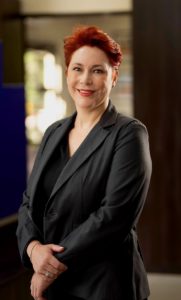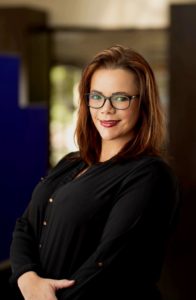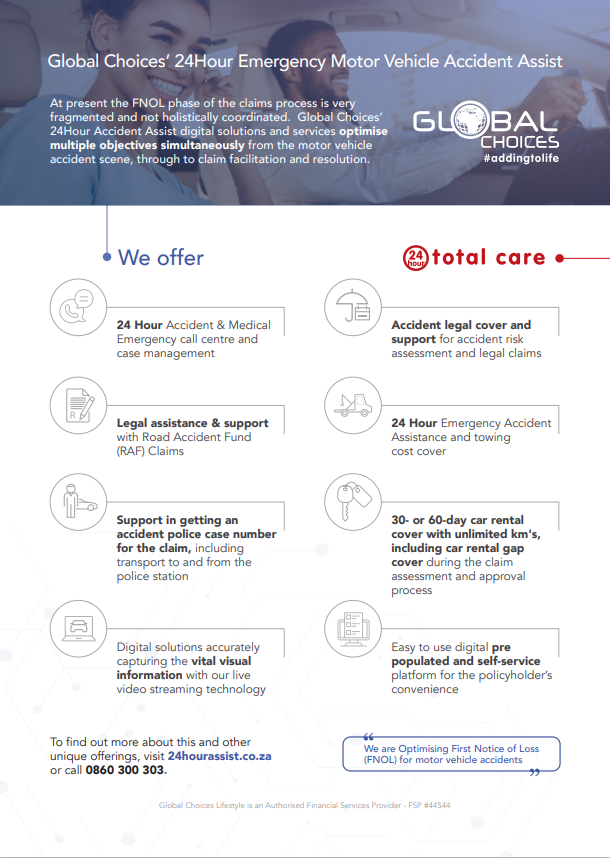Stuck for ideas? Fantastic business opportunities for brokers in the vibrant film and events industry. In this part one of a two-part series, Denise Hattingh, Managing Director and Iola Edmayer, Executive Director at KEU focus on Film and Television.
Tony: We are talking about an interesting part of our industry, and it is always fascinating for me to see how much goes on when an event is produced or when a film is shot. Thousands of people descend on a place with trucks and equipment. But with that comes a whole lot of risk and a whole lot of insurance opportunities, which is where you guys come in.

The film and television industry are quite a wide industry with a lot of diverse ways of doing things. What is included in your target market when you talk about film and television insurance?
Denise: Film and television is very broadly put into two different spheres.
You talk about television being commercial producers with the advertisements, and in terms of that, you would also break it down between agency, the creative brain, and production, the brain that makes it all work.
Commercial Producers policies further provide cover for:
- Documentaries
- Music Videos
- Corporate Training or Promotional footage.
Then you have the film producers, that is all the television series, and we have seen a big increase in new content in the South African film market. Positively, you also have international films being produced.
Tony: Iola, on your side, what are the main risks that you underwrite based on this wide industry?

Iola: That is a difficult question to answer because it is such a wide industry to insure. We look at every production on a holistic manner. For instance, we insure everything from the footage that they film to the vehicles and the personal accidents. Employees’ liabilities are incredibly important for these productions because most of the cast & crew are appointed on a freelance basis.
It is important for these guys to have the correct cover on each production. If they do anything from a commercial or a feature film, any one day can easily cost them between 1 – 5 million rand. So, if they must lose that one day’s footage, someone needs to pick up the cost at the end of the day. Even cameras, for example, some of the cameras can easily cost between a R1m and R10m. So that replacement cost or even the hiring cost to reshoot that production is quite significant.
Denise: Just to add there, if people watch a big television series or a big movie, what they would first see is the cast. The cast is always a process. Before cameras start rolling our first information with production would normally be who is going to be the cast. That is after they have nominated their crew, who the director is, producers, screenwriters and so forth. People make this all tick.
The bigger the production, the bigger the exposure and risk in totality. People risk is most definitely challenging. The fact that they might not be able to perform, or they may be involved in an accident or just be ill for a day, suffering from a migraine, so they cannot be in front of a camera. That could cause production to go into either overtime or must reshoot on a specific or on another day.
Iola: Another trend we have seen is an increase in hijackings. So, if the nominated cast, the main cast for the film gets hijacked and injured, they are not going to show up for the filming day and that is a big problem with South African crime.
Tony: It sounds quite involved and as we spoke, it is quite wide. Where do you get the skills to assess those risks, do you use assessors, how do you do that?
Denise: I started KEU 21 years ago and prior to that I was working in corporates, also on the entertainment side, and I am learning daily.
Iola studied and worked in the film industry, so she comes out of the film industry. So, a lot of that is what you learn, what you apply, and doing a lot of investigation into it. We have very good assessor risk surveys. We do a lot of risk surveys prior to production and during production, so we have an ongoing relationship with brokers, insureds, risk surveyors, and loss adjustors as this all happens. Whatever happens that is preventing the cameras from rolling has an immediate effect on our claim’s ratio. If somebody is not able to film, if the camera is broken, if a massive storm hits, things come to a standstill, and we need to act and we need to have places and things and people in place to ensure that continuity is guaranteed.
Our film market has very good producers, line producers and directors. They know how to do this and work around the clock on these big productions. It is not a question of production waiting for KEU to give them a lead, most often they follow what they need to do. Some has been in the market for many years, so they know how to roll it. It is for us then to immediately safeguard if for example there has been a big accident or some injuries on set, we then start investigating and collating documents immediately and assess the claim.
It is not a relationship in isolation or a risk where you do the underwriting and leave. We are involved daily.
Iola: It is a fast-paced industry, the quotes need to be issued quickly, policies need to be issued quickly, and the claims need to be handled as quickly as possible because they go onto the next shoot and keep on going.
The only way we can keep up with the knowledge in the industry is by reading continuously and staying in tune with the industry itself.
Tony: A large part of our audience are the brokers. Where do they come in here, because they do not have the specialist knowledge that you guys have? How do they interact in this entire process?
Denise: Our relationship is 100% with the broker. We rely heavily on our broking market. Luckily, South Africa has very knowledgeable film and television brokers.
We have brokers that have been in the film and television market for 30 plus years. They understand the implementation and the implication of anything that happens on set. We are always in contact with our brokers and always holding hands as an industry to ensure that is happening. For a new broker entering the market, my advice would be to really learn, read, and do the work.
It is interesting, it is fast paced, it is always thinking on your feet, but you need to come as a broker. Reading up, understanding, and doing some of your own investigations because you can get overwhelmed by the amount of information and technicalities that follow.


